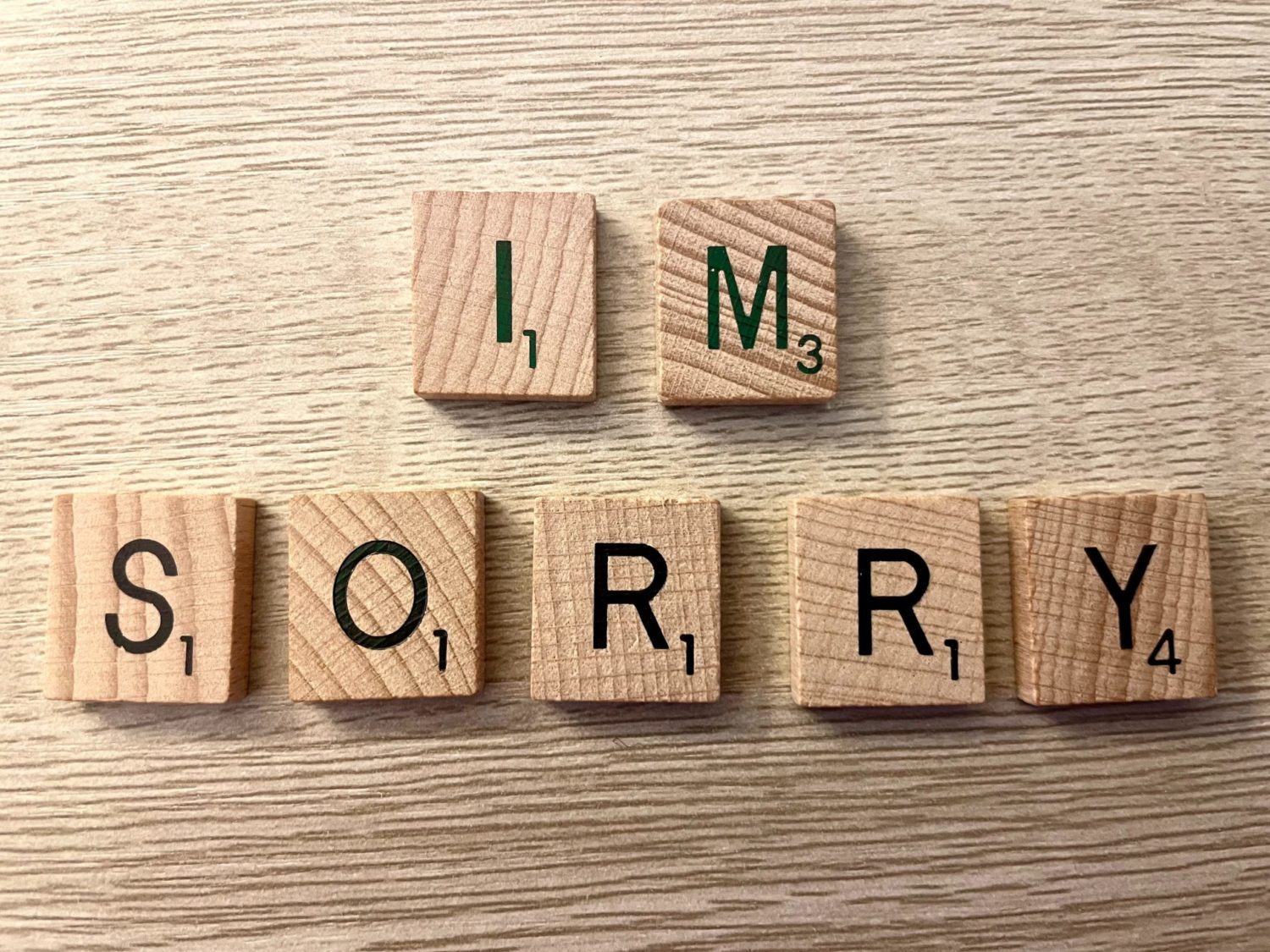At TVP Comms, we’re big fans of SorryWatch and it’s no surprise to us that “academic apologies” is a featured category.
Higher education has no shortage of news coverage stemming from poor apologies, both in content and intent. Time after time, we see apology-related scandals and missteps followed by lackluster statements. Not surprisingly, these land poorly with audiences already upset by the original offense. This cycle and the public’s inevitable reaction have led to increased resistance among college and university presidents to issue mea culpas. But this is an avoidance of presidential responsibility and ultimately weakens their position as leaders.
Senior leaders might be tempted to point to the latest news coverage of a botched apology as proof that avoiding vulnerability is as simple as avoiding apology, but this is misguided thinking. The statements that make the news do so because they fall short of what the moment and their stakeholders need and deserve. They miss the tenets of a good apology; they are examples of what not to do. Indeed, good apologies don’t garner news coverage because they’re not newsworthy—they’re evidence of leaders doing their job and meeting the expectations of their campus communities.
To be clear, we shouldn’t set expectations for congratulations when apologies go well. News coverage is rare for a good statement, one in which a leader was authentic and owned up to issues. But accountability has become a charged notion in higher education despite the fact that it is essential for any campus leader. Assuming that mantle is part of the job; responsibility and genuine vulnerability should be an expectation of leadership. And as accountability is inherent to leadership, so is fallibility. Presidents are people, and people make mistakes. But senior leaders must have good self- and situational awareness to realize that they have a responsibility to be a leader of the institution, and part of that role involves addressing people who have been harmed and taking steps to make amends. Without that authenticity, that vulnerability, that accountability, there is no stopping the bad apology from dominating the story and doing greater harm to the campus community.
Presidents shouldn’t look at the headlines of the day and decide they shouldn’t apologize or only issue a statement they can point to as addressing the problem rather than saying the words necessary to heal real hurt. Instead, they should look for other models, those who sincerely take responsibility up front and then continue with their presidencies. Because good apologies aren’t issued to make headlines—they are issued because someone is truly sorry and wants to do better.
